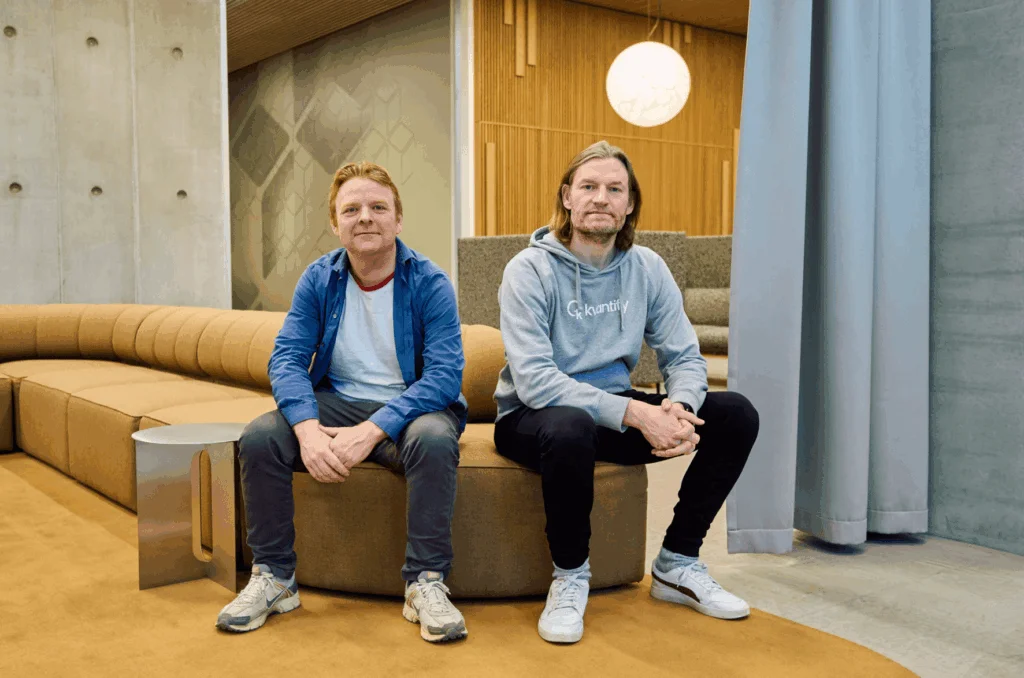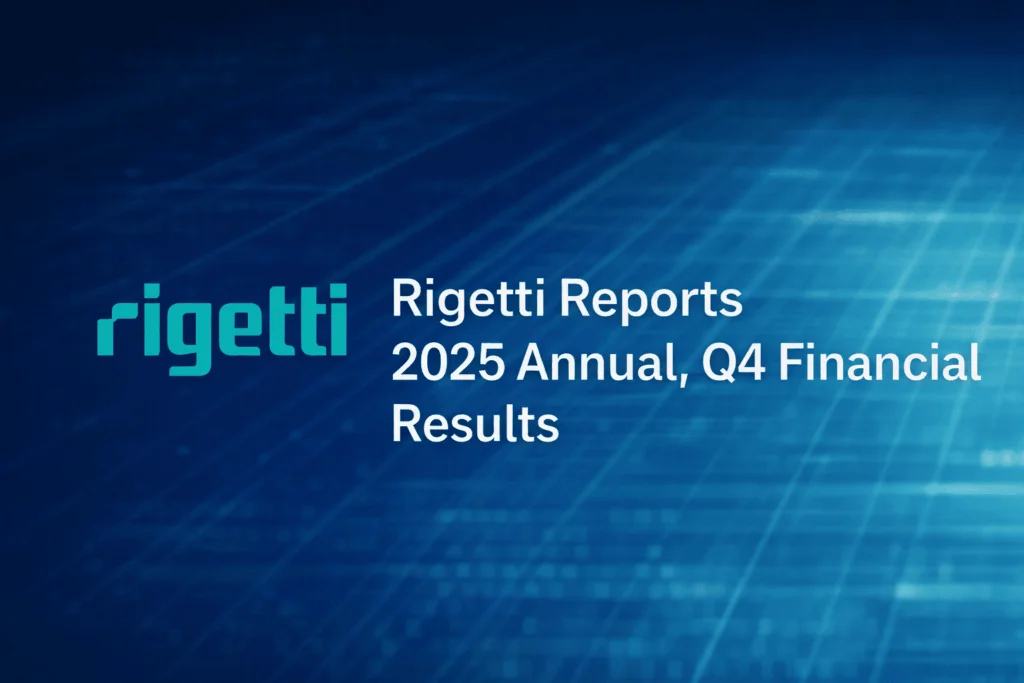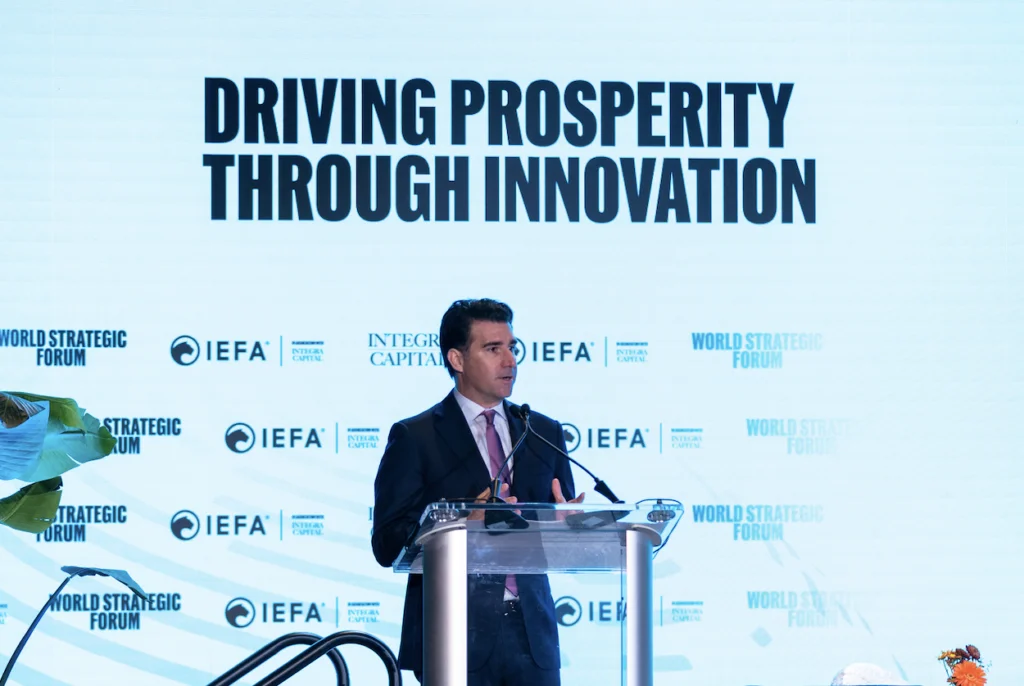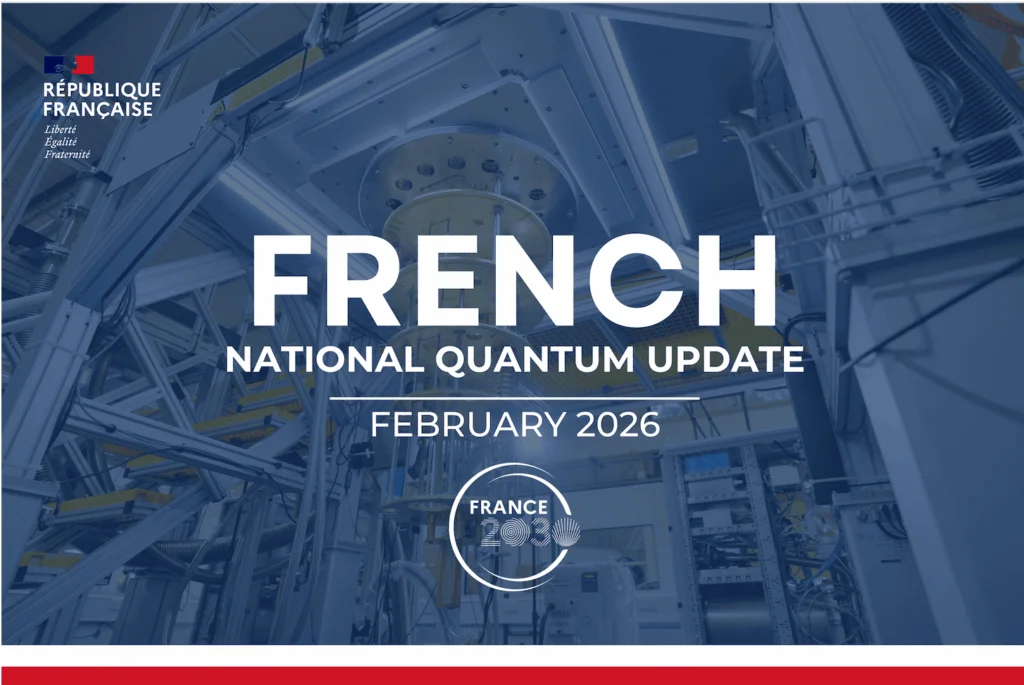Two leaders in the emerging quantum technology industry write that the the recently passed CHIPS and Science Act, which many see as purely an investment in the semiconductor industry, will also advance quantum tech, including the potential for a network of quantum-centric supercomputers in the US.
“The recently passed CHIPS and Science Act authorizes new efforts to advance quantum technologies and presents a new opportunity to double down on our advancements,” write Dario Gil, senior vice president and director of research at IBM, and member of the National Science Board and Paul Dabbar, former undersecretary for Science at the U.S. Department of Energy (DOE), a Distinguished Visiting Fellow at Columbia University and CEO of Bohr Quantum Technology.
The officials published their views in an op-ed in The Hill
According to Gil and Dabbar, the recent funding is helping to create technologies that could solve some of the world’s most complex problems faster and safeguard national security. They added that the funds, in fact, might provide the seed for a national quantum supercomputer program.

Quantum-centric Supercomputers
Dabbar and Gil urge policymakers to design and build quantum-centric supercomputers that would combine high-performance computers with quantum computers and artificial intelligence.
“These new national assets would tightly integrate classical computing, including traditional high-performance computers and specialized AI chips, with quantum processors in a new type of architecture,” they write, adding, “Quantum-centric supercomputers hold the potential to scale and speed up workflows by combining quantum and classical algorithms using parallelization of computations. These are workflows with profound implications for science, business and national security missions. The DOE has a rich history of making this level of investment for the high-performance computing centers of the nation. It is time to evolve that level of initiative to quantum-centric supercomputing centers across the U.S. missions.”
Gil and Dabbar expect quantum computing and quantum networking to come together in this project. Future quantum networks will be built from quantum processors clusters — and quantum supercomputers and datacenters — at its nodes, they write. Short-range intranet links will connect the processors in a node and long-range quantum communication links connecting the nodes akin to a quantum internet.
National Quantum Initiative
The National Quantum Initiative (NQI) and investments under the CHIPS and Science Act and the QUEST program will help jump start this initiative.
According to Gil and Dabbar, through the QUEST program, DOE will procure quantum computing capacity over the cloud for the use of science researchers. This will create a community of quantum researchers who could help realize this quantum supercomputer network.
They write: “This $166 million purchase over five years, amounting to $33.2 million a year, is a good foundation to provide quantum computing capacity to researchers and help nurture the user community for quantum computing applications. The second DOE effort authorizes $500 million over five years to build large-scale quantum network infrastructure around the country. The CHIPS and Science Act also increases support for quantum technologies at NSF. The largest increase will likely come from the new technology and innovation directorate at NSF, where quantum computing is one of the industries of the future that the additional NSF funding would support.”
National Quantum Initiative
In fact, the real work is just beginning, they added. But, this government-industry cooperation in quantum has cut a path for future progress.
“As we approach the fourth anniversary of the National Quantum Initiative (NQI), we are witnessing how government-funded programs can significantly accelerate prospects for quantum technology — an ‘industry of the future.’ Gil and Dabbar write. “But there’s more work to be done — we must continue building on the progress we’ve made through NQI, capitalize on the bold, new investments in the CHIPS and Science Act and significantly expand the support and development of quantum technologies.”
According to Gil and Dabbar, NQI included an additional $1.25 billion of federal support for quantum efforts into the Department of Energy (DOE), National Science Foundation (NSF) and National Institute of Standards and Technology (NIST).
At DOE, the initiative spearheaded the creation of several new national quantum research centers with participation from private quantum companies, according to the officials. For NSF, it authorized several new university research and teaching programs on quantum technologies. NIST built the Quantum Economic Development Consortium or QED-C.
The official warn that complacency could affect American leadership in quantum technology.
“American leadership places us at the forefront of quantum technologies,” they write. “But that leadership is fragile. New efforts to build quantum supercomputers and a quantum internet will accelerate that leadership and pay dividends for decades to come. We must keep our foot on the gas and continue to make the necessary investments for a vibrant quantum future for all.”
If you found this article to be informative, you can explore more current quantum news here, exclusives, interviews, and podcasts.















